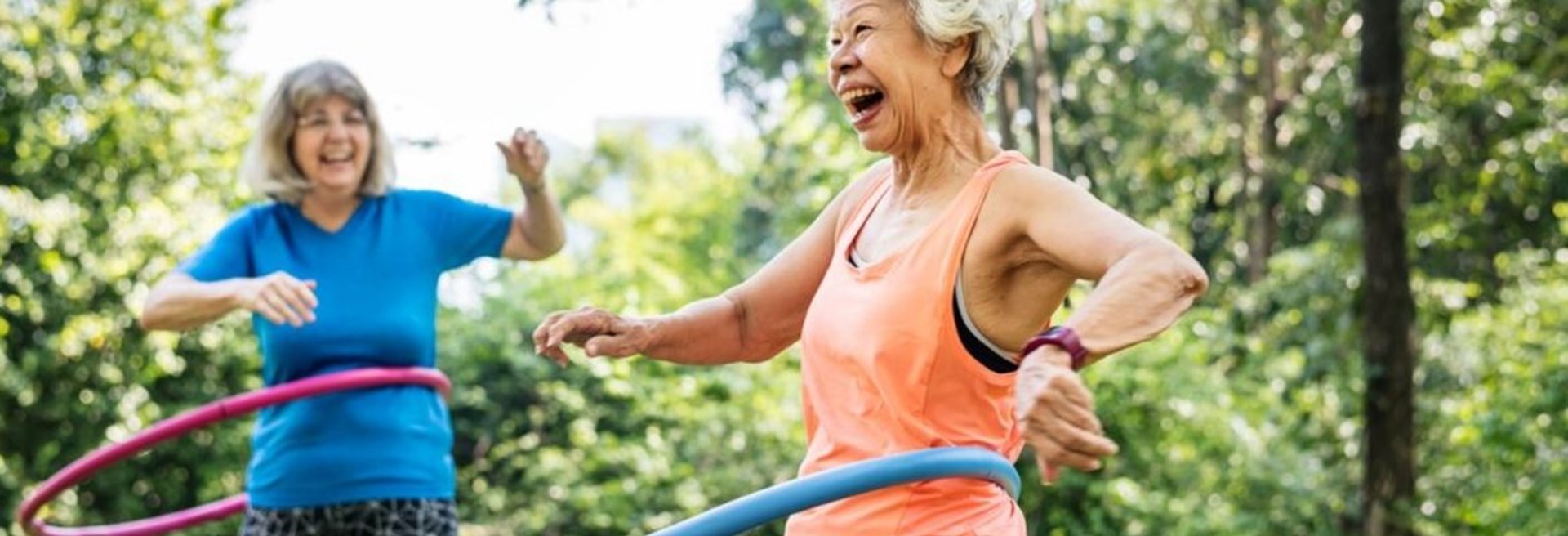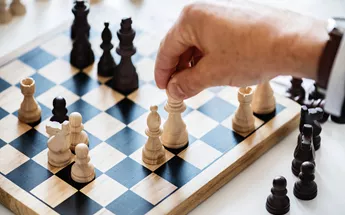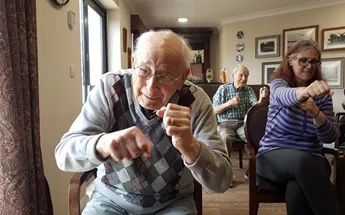Exercise advice for older people
Living an active lifestyle is a good idea for all of us, with even small levels of exercise and activity massively contributing to overall physical and mental health. Whilst we are all know that 30 minutes of exercise five days a week is important to maintain a healthy lifestyle, research tells us that adults over the age of 65 are the most sedentary age group, with many spending 10 hours or more each day sitting or lying down.
Just because you’re getting older doesn’t mean you have to stop being active.
The benefits of exercise in later life
There are a number of benefits that can be linked to doing more exercise in later life:
- it helps to keep you independent and mobile for longer
- it makes you stronger and more flexible, meaning you are far less prone to falls and injuries
- it lowers your risk of age related illnesses such as heart disease, strokes, type 2 diabetes and even dementia
- it helps to keep you sociable, which contributes to overall mental wellbeing, self worth and confidence and alleviates loneliness.
Good exercises for older people
For those who have not done much exercise throughout their lives, it can be hard to know where to start. To make this easier we’ve compiled some tips and guidelines on good exercises for older people to try.
Walking for health in later life
Incorporating more exercise into your daily routine doesn’t have to be strenuous.
Walking has a number of fantastic health benefits, with even a stroll around the park or walk to your local shops being good for you. It can help keep your heart healthy, strengthen your bones and does wonders for your mental wellbeing.
It’s a great activity for those in later life as it’s free, fairly relaxed, and doesn’t require high levels of fitness.
Here’s a few easy ways to start walking more:
- use the stairs instead of lifts or escalators
- walk to places that you might usually drive to
- go into the countryside for a refreshing walk
- join a local walking group
- consider getting a dog – they need walking even more than we do!
- park at the far end in car parks so that you have further to walk.

Sports modified for older people
Sport and exercise is becoming more inclusive all the time, with many of our nations most loved sporting activities now having versions that have been modified to suit older or less agile people.
Take a look at local Walking Football or Walking Netball clubs – not only will you benefit from the exercise but it’s also a fantastic way to meet new people!
Slower paced sports and activities
There are a number of slower paced sports and activities that are perfect for those who are no longer as mobile or agile as they once were, and are popular among older people:
- lawn bowls
- darts
- snooker
- golf
Take a look at community boards, local ads or your local newspaper to see if you have any teams or clubs within your local area.
Joining a club is a great to stay active, mobile and sociable.
How much exercise should older people be doing?
It is recommended that older people should do a combination of both aerobic and strength exercises to maintain and improve their health.
For adults over the age of 65 who have a good level of overall health and fitness, you should aim to do at least 150 minutes of moderate aerobic exercise a week. This may include:
- walking
- cycling
- dancing
- tennis
You should also focus on doing some form of strength exercises twice a week, such as:
- carrying shopping
- gardening
- bodyweight exercises such as push ups, sit ups and lunges
- lifting weights
- yoga
Whatever way you choose to add more exercise to your daily routine it’s sure to have a positive impact on your life.
Next steps
Healthy eating and nutrition in later life
Eating healthily is important for all of us no matter what stage of life we’re in, however ensuring you have plenty of nutritious foods in your diet throughout later life will help you stay active and healthy for longer.
Looking after your mental wellbeing
Living a healthy lifestyle in old age is not just about looking after your physical health and fitness, but about making sure that you look after your mental wellbeing too.
Starting to exercise: The benefits of low impact exercise
The NHS and World Health Organisation recommend 30 minutes of exercise a day. Low impact exercises are a great form of exercise to try when you’re just starting out. If you’re staying at home and can’t get out and about, these exercises are easy to do from the comfort of your home.


